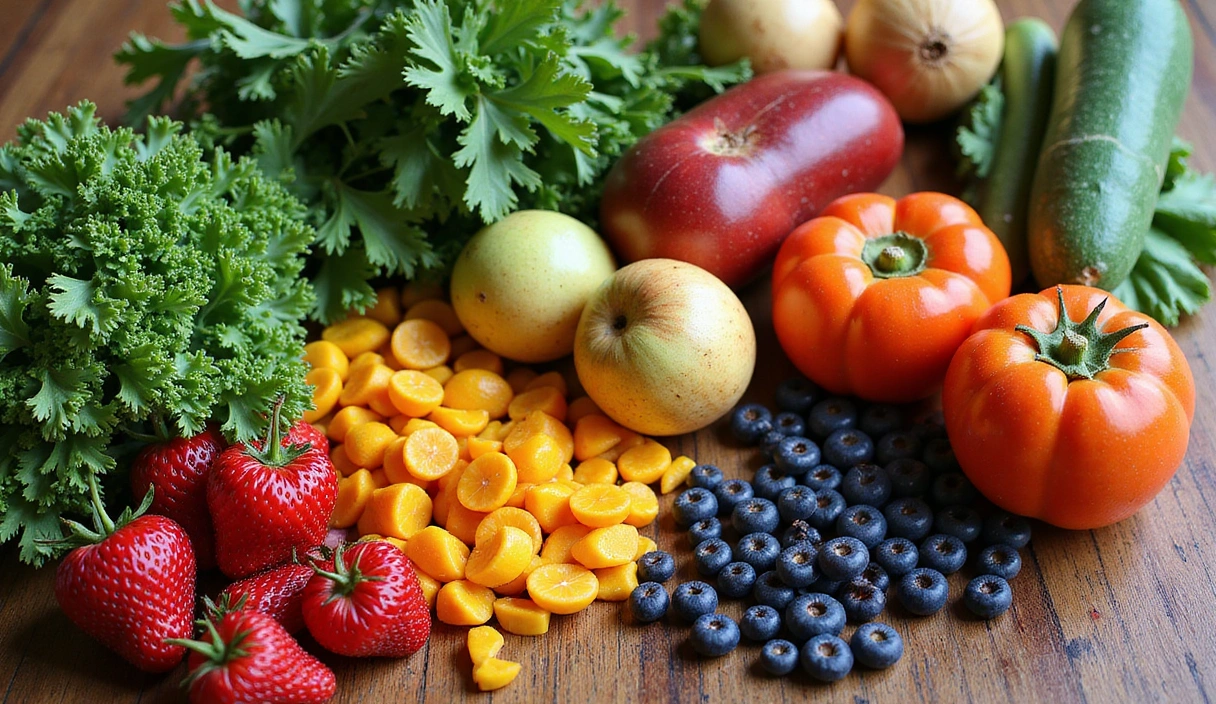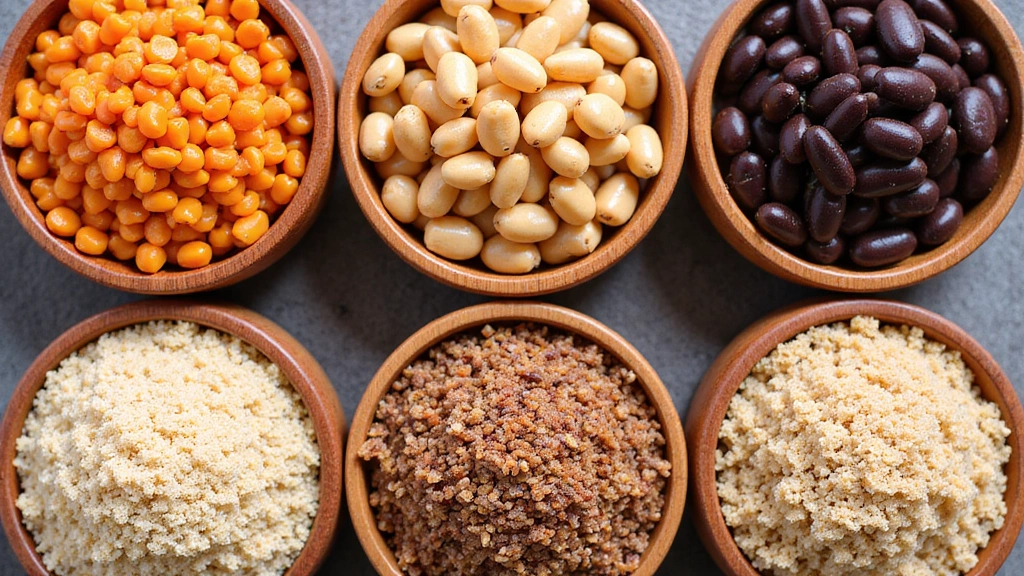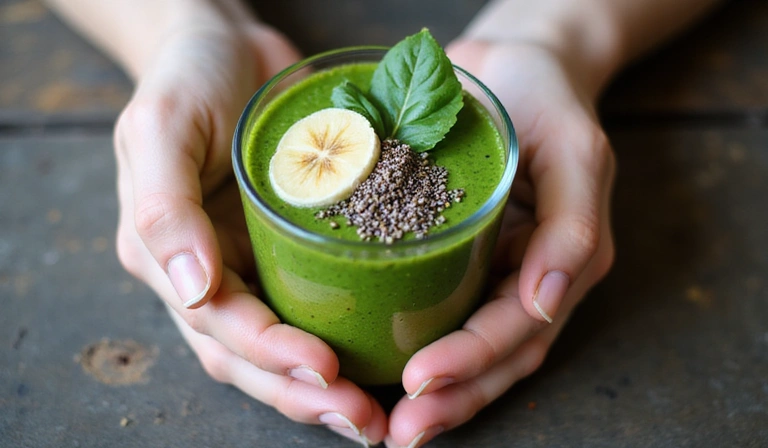The Power of Plant-Based Diets: A Comprehensive Guide

In an era increasingly focused on health, sustainability, and ethical consumption, plant-based diets have emerged as a powerful paradigm shift. More than just a trend, adopting a diet rich in fruits, vegetables, whole grains, legumes, and nuts offers a plethora of benefits for both individual well-being and the planet. This comprehensive guide delves into the core principles, health advantages, environmental impact, and practical tips for embracing a plant-based lifestyle.
What Exactly is a Plant-Based Diet?
A plant-based diet emphasizes foods derived from plants, with minimal or no animal products. It's often confused with veganism, but there's a nuanced difference. While veganism strictly excludes all animal products (meat, dairy, eggs, honey, gelatin, etc.) for ethical and environmental reasons, a plant-based diet primarily focuses on the consumption of whole, unprocessed plant foods, allowing for occasional or small amounts of animal products depending on individual preference and health goals. The emphasis is on plants being the foundation of your diet.

Types of Plant-Based Diets:
- Vegan: Excludes all animal products.
- Vegetarian: Excludes meat, poultry, and fish, but may include dairy and eggs (lacto-ovo vegetarian).
- Pescatarian: Excludes meat and poultry, but includes fish, seafood, dairy, and eggs.
- Flexitarian: Primarily plant-based, but occasionally includes meat, poultry, or fish.
- Whole Food, Plant-Based (WFPB): Focuses on unprocessed plant foods, avoiding refined sugars, flours, and oils, and typically excludes animal products.
Unlocking Health Benefits
The scientific community has extensively studied the health advantages associated with plant-based eating. The findings are consistently compelling, pointing towards significant improvements in various health markers and a reduced risk of chronic diseases.
Key Health Advantages:
- Heart Health: Plant-based diets are naturally low in saturated fat and cholesterol and high in fiber, which can significantly lower the risk of heart disease, reduce blood pressure, and improve cholesterol levels.
- Weight Management: Rich in fiber and nutrient-dense, plant foods promote satiety, helping individuals maintain a healthy weight more easily.
- Diabetes Prevention and Management: Studies show that plant-based diets can improve insulin sensitivity and help prevent and even reverse type 2 diabetes.
- Reduced Cancer Risk: The abundance of antioxidants, phytochemicals, and fiber in plant foods offers protective effects against various cancers.
- Improved Digestion: High fiber content supports a healthy gut microbiome and regular bowel movements.
- Increased Longevity: Populations with traditionally plant-heavy diets often exhibit longer lifespans and lower rates of age-related diseases.

Environmental Impact: A Sustainable Choice
Beyond personal health, adopting a plant-based diet is a powerful step towards environmental stewardship. Animal agriculture is a significant contributor to greenhouse gas emissions, deforestation, water pollution, and biodiversity loss. By reducing or eliminating animal products, individuals can significantly lessen their ecological footprint.
How Plant-Based Diets Help the Planet:
- Lower Greenhouse Gas Emissions: Livestock farming produces methane and nitrous oxide, potent greenhouse gases.
- Reduced Land Use: Producing plant foods generally requires much less land compared to raising livestock.
- Water Conservation: The water footprint of plant-based foods is significantly smaller than that of animal products.
- Decreased Pollution: Reduced agricultural runoff from animal waste helps protect water ecosystems.
Practical Tips for Transitioning to a Plant-Based Diet
Making the switch doesn't have to be daunting. A gradual approach often yields the most sustainable results. Here are some actionable tips to help you on your journey:
Start Small:
- Meatless Mondays: Begin by dedicating one day a week to plant-based meals.
- Swap one meal: Replace your usual breakfast or lunch with a plant-based alternative.
Explore New Foods:
- Legumes: Lentils, beans, chickpeas are versatile and protein-rich.
- Whole Grains: Quinoa, brown rice, oats, farro add essential nutrients.
- Nutritional Yeast: A great source of B vitamins and adds a cheesy flavor.
- Tofu and Tempeh: Excellent protein sources that absorb flavors well.

Plan Your Meals:
- Meal prepping can save time and ensure you have healthy options readily available.
- Experiment with plant-based recipes from cookbooks or online resources.
Ensure Nutritional Adequacy:
- Pay attention to protein sources (legumes, nuts, seeds, tofu, tempeh).
- Consider a B12 supplement, as it's primarily found in animal products.
- Ensure adequate intake of iron, calcium, vitamin D, and omega-3 fatty acids through fortified foods or supplements if necessary.
Conclusion
Embracing a plant-based diet is a journey that offers profound benefits for your health, the environment, and perhaps even a deeper connection to the food you consume. It's a versatile and delicious way of eating that can be tailored to individual needs and preferences. With a little planning and an open mind, you can discover a world of vibrant, wholesome foods that nourish your body and contribute to a more sustainable future.